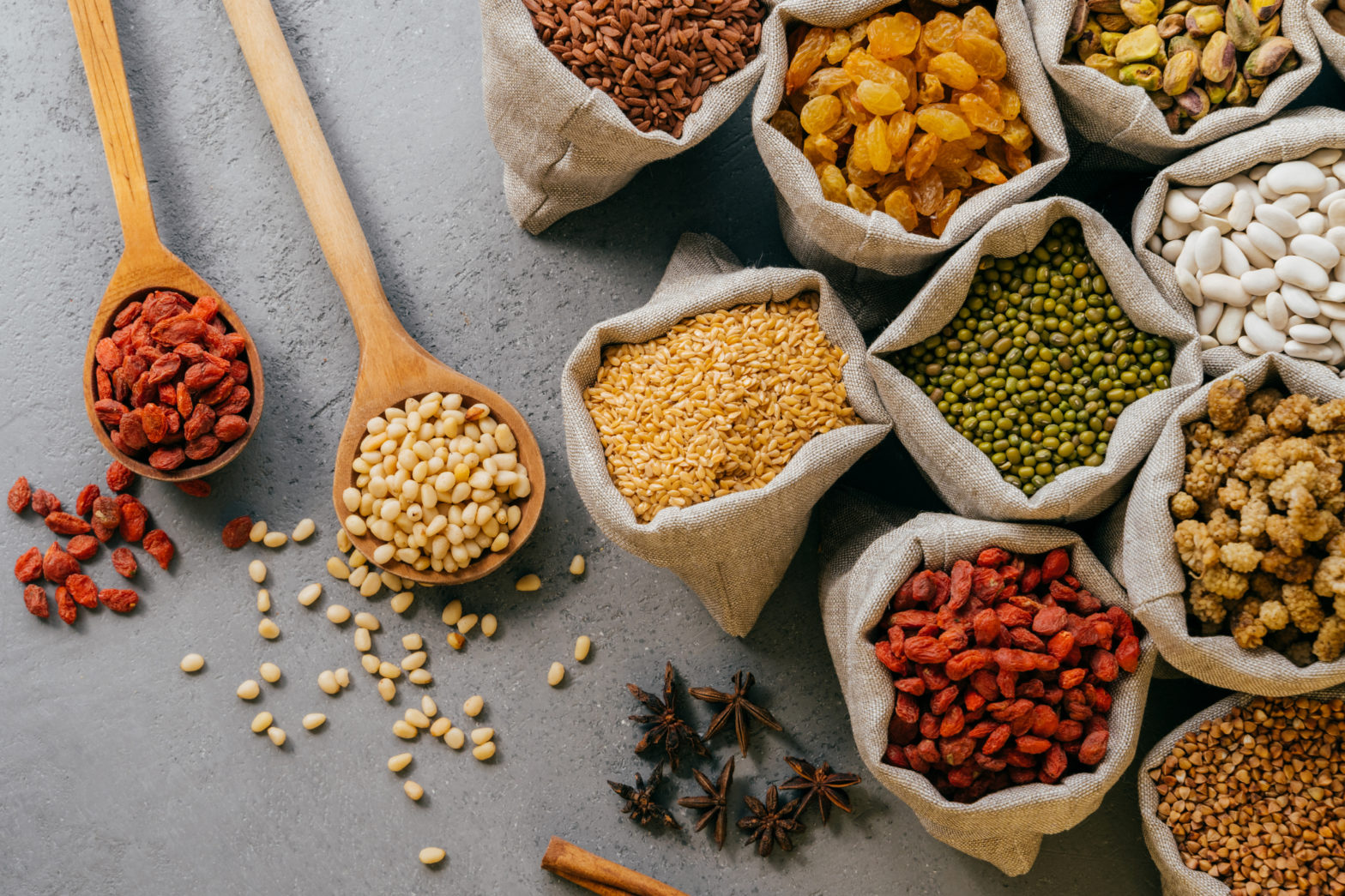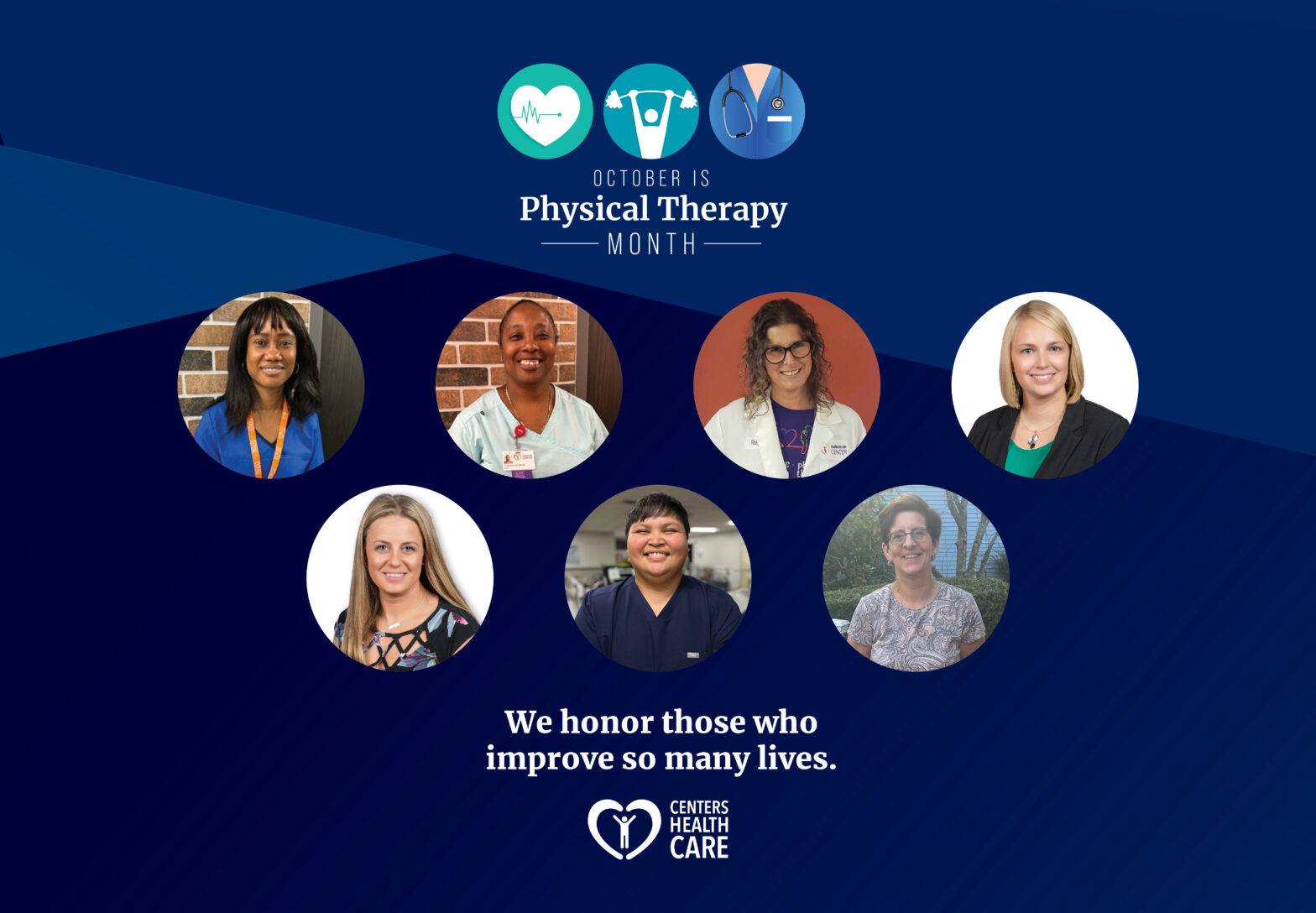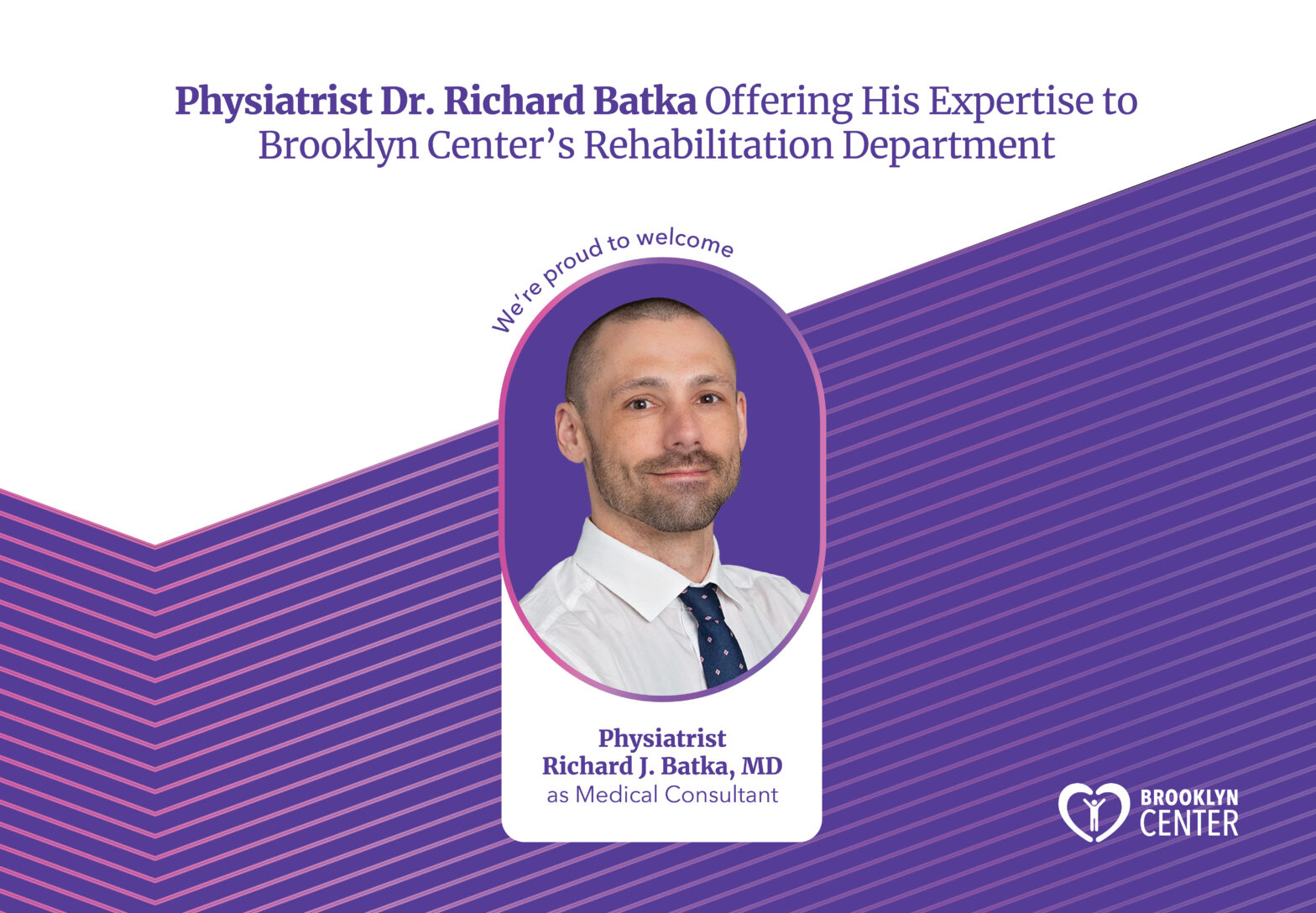How Eating Well Can Actually Allow Wounds to Heal Faster

There are plenty of physical factors you can do to allow wounds to heal, including cleaning, dressing, and covering them. But there are factors inside your body that also help wounds heal faster.
CHC presents five ways from the Academy of Nutrition and Dietetics to heal your wound more quickly by eating (and drinking) right.
- Eat a Balanced Diet
Be sure, when planning your meals and snacks, to incorporate items from each food group, as each plays an essential part in your health: protein, fruits, vegetables, dairy, and grains.
- Focus on Vitamin C and Zinc
This vitamin and mineral are helpful in speeding up the healing process. Citrus is an obvious food rich in vitamin C, but you can also eat strawberries and spinach if citrus isn’t your thing. To get enough zinc, eat whole grains along with protein from sources like eggs, fish, meat, or dairy.
- Keep Protein Levels High
You’ll want to have a source of protein in each meal, along with a couple of snacks too. Eggs, beans, yogurt, cheese, almonds, and white meat are great sources of protein that you can space out throughout each day.
- Don’t Forget to Hydrate
Drinking plenty of water will keep your skin hydrated and healthy, which will promote proper healing. Try to exceed the recommended 64 ounces of water by spacing it out throughout the day.
- Extra Warning for Diabetics
People with diabetes are more susceptible to wounds, and they generally take longer to heal. Controlling your blood sugar not only helps keep wounds from developing, but it also supports healing and recovery.


